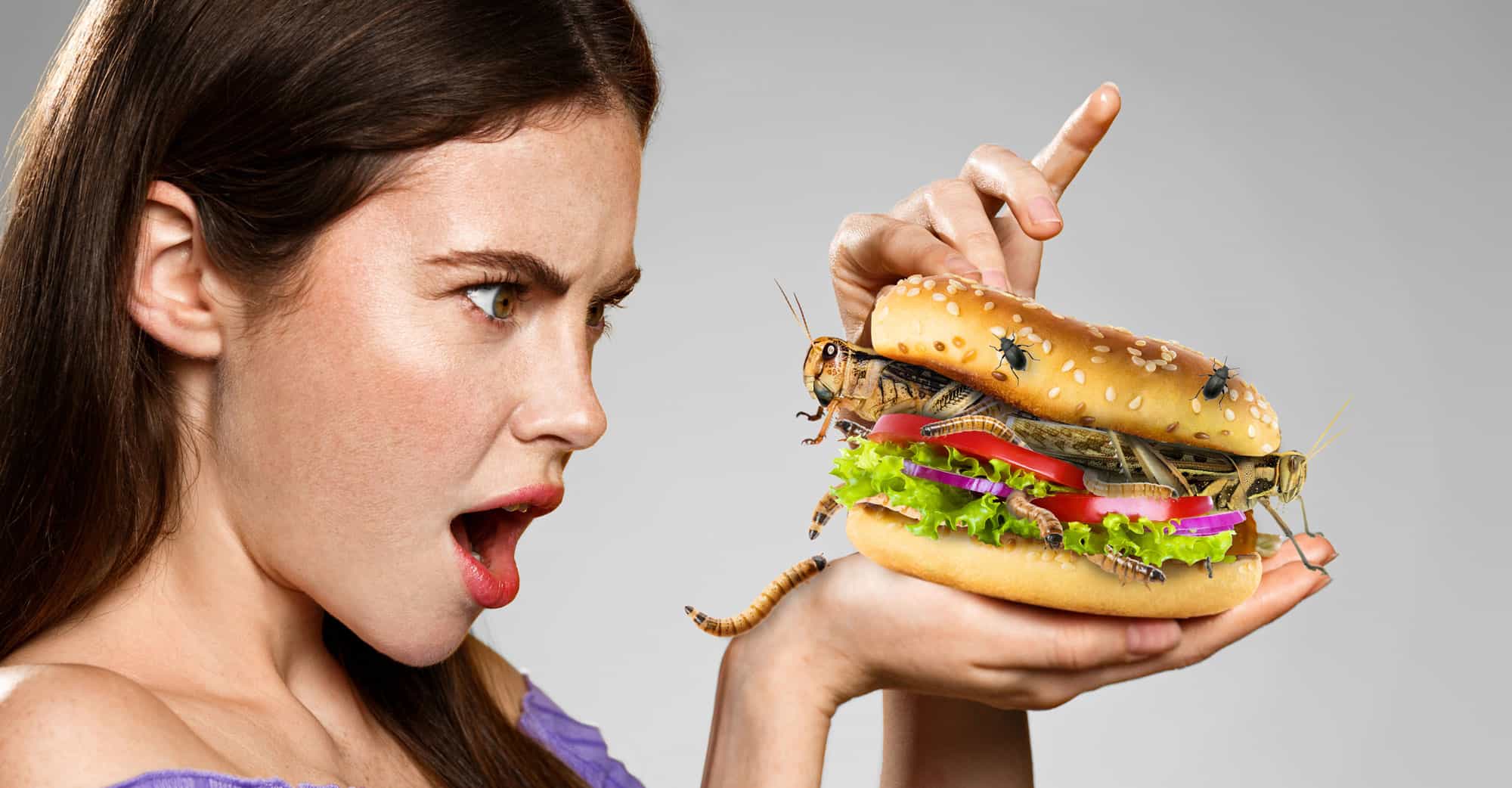
- 54% would consider eating locally produced, seasonal food
- 26% of under 18s happy to continue reliance on global supply chains
- Majority reluctant to try unusual sources of nutrition such as insects and algae
- 30% would definitely not switch to lab grown meat, making this a significantly less popular option than others offered such as: cutting out meat altogether, holidaying abroad less, or reducing heating by a degree in the winter.
Life has found most people are reluctant to radically change the way they eat – despite global food supply chains having a detrimental effect on the environment – although many would consider ‘going local’.
From a total of 11,585 visitor responses to our Future Foods activities in the science centre and an accompanying survey, 54% indicated they would consider prioritising local supply chains and becoming less reliant on large corporations.
This was despite the fact that food would become more seasonal, more expensive due to increased production costs and more vulnerable to crop failures. However, fewer under 18s voted for this scenario, only 46% would consider it, compared to 61% of adults.
26% of under 18’s indicated they were happy to continue to rely on global food chains, despite the negative effect on the climate, making this the second most popular option for this age group. Only 12% of adults agreed this was the best way forward. Overall, adults and children were in agreement in the actions they’d be willing to take in response to climate change. However, under 18s were significantly more likely to be willing to attend a protest compared to adults.
Both children and adults were least likely to vote for the “unusual new foods” scenario, where household staples are replaced with new, sustainable options such as insects and algae, receiving 10% of the sticker votes for both.
When asked what steps people would be willing to take in response to climate change, switching to lab grown meat was significantly less popular than other options with almost a third (30%) stating they absolutely wouldn’t make the switch. In comparison, only 10% stated they wouldn’t adopt other significant changes in behaviour, such as cutting out meat altogether, travelling less, or reducing heating in the winter.
“This research has highlighted the appetite (pun intended) amongst our audiences to explore and debate how the food they eat impacts the environment. It’s clear our visitors understand that alternative methods of food production would have a beneficial effect.
“’Going local’ was by far the most popular way of achieving this, especially with adults, who may have seen a shift away from more home-grown foods in their lifetime.”
Further information:
Between August 2021 and November 2022 Life Science Centre created an area for visitors to explore potential future scenarios for the food that we eat. The area consisted of a sticker wall and accompanying survey exploring four potential scenarios:
On Your Doorstep where food production becomes hyper local.
Going Global where global supply chains dominate.
Lab Grown – where science and technology transform food production.
Unusual Foods where household staples are replaced with new, sustainable options such as insects and algae.
A total of 11,250 stickers were placed over the 15 months, 5629 Adult stickers and 5621 Kids stickers. The survey received a total of 335 valid responses. 203 of these responses were from visitors over the age of 18, 115 were from visitors under the age of 18.
